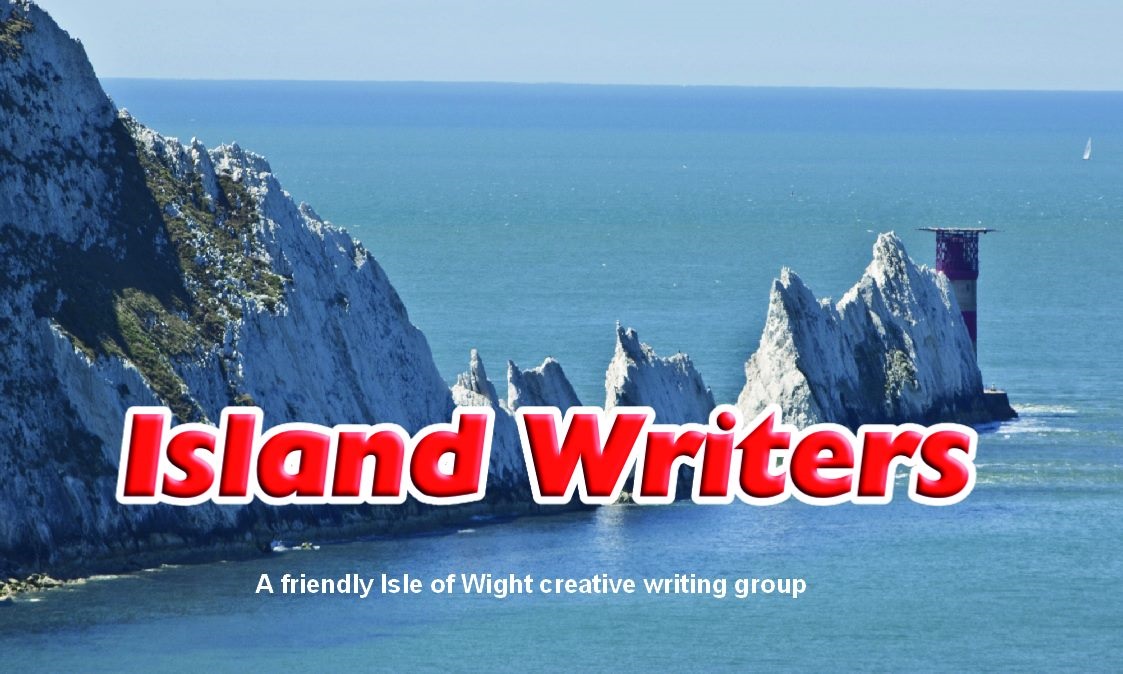
Despite the last-minute notice, seven of us turned up to celebrate the New Year with a drink at Yelf’s last night. Good to see Geoff, who’s back from his six weeks of travelling to the Caribbean and the Canaries – he should have lots of new experiences to explore in his writing, although I’m not entirely sure how whizzing down a hillside in a giant basket on skis will help with writing a crime novel set at the Isle of Wight Steam Railway…
We were talking about (among other topics) psychedelia and mind-expanding drugs, and how they changed the type of music and lyrics the Beatles produced, and unfortunately, I jumped into the conversation when they mentioned Lucy in the Sky with Diamonds and kind of derailed what Jonathan was saying. The point he was trying to make is that, as writers, if we expand our minds and try new techniques and different genres, we may find we produce more satisfying writing.
As far as actual drugs go, though, I think we’re all with Sheldon Cooper from The Big Bang Theory: “There’s only one mind-expanding drug that this man enjoys, and that’s called School.” I could certainly get addicted to education!
We had the chance to get to know Lucy, a bright and bubbly new member who joined our Facebook group a few weeks ago and came to check us out. Now she’s realised we’re all as friendly as she is, we’ll hope to see her at our next meeting. We’ve had more enquiries since the New Year (all those resolutions kicking in?), so a couple of other writers may be joining us then, too.
See you on Tuesday 15th. It’ll be interesting to see who’s found time for writing over Christmas!



 You finally get some time for creative writing, but…
You finally get some time for creative writing, but…